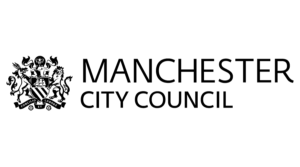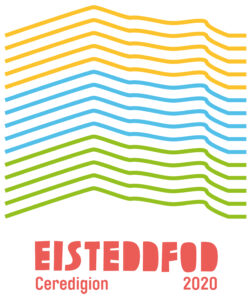Is 2020 a pivotal moment for sustainability in the events industry?
I am, along with many other events professionals, officially furloughed due to COVID-19. A week ago, I had never heard of the word, now I am sitting in my new home office/kitchen, trying to concentrate amidst the home educating – Zoom lessons, guitar practice and clattering pans.
We are amidst a once-in-a-lifetime “pivot” moment, in which we are being forced to fundamentally consider everything – how we live and work, what we consume, our relationships and what really matters. Alongside the terrible hardship, I feel a profound optimism that in this moment of disruption from normality and busy-ness, many people are reconnecting with what it means to be human. I hope that we can take this opportunity to re-align our economy and businesses with healthy ecosystems and real action on climate change. I believe coronavirus is the first of many challenges coming our way in an increasingly unstable world and we must take these opportunities to learn quickly and adapt.
Essential goods have a sudden poignance in our everyday lives – it has just been normal for so long that the supermarket shelves are full. Global emissions have reduced unimaginably this month, partly due to the drastic reduction in travel, but more significantly as a result of a pause in production of goods. More has been achieved in a month to tackle the global climate crisis than in the 26 international COP meetings, which began in Berlin in 1985. Gross Domestic Product (GDP) and environmental impact firmly correlate, and perhaps this pause to consider what is actually essential can help us collectively wean ourselves from our addiction to consuming more and more stuff.
In the events industry, sponsor merchandise has long since been a culprit of the “non-essential” – usually poor quality goods that don’t last or are immediately thrown away, made in parts of the world with poor labour and environmental protections, produced to promote a brand, sometimes to sell more stuff. This is part of an old story now, and the new story is about a progressive industry taking responsibility and showing leadership, taking great care to make decisions about what we consume and treating resources as truly precious. Many events and suppliers have started to tackle this by using more sustainable materials and finding new and smarter ways to attract audience attention that involves less “stuff”. What we need to be careful of in times of rapid changes, is that we remain well informed, something that also feels poignant with regard to the current coronavirus crisis.
Travel is the largest environmental impact of the live events industry by a long way. The current situation is obviously catastrophic for artists and the industry. Sadly, the current situation follows the emergence of real leadership around the impact of artists, tours and travel, and I hope this emerges again strongly when life edges back towards [a new] normal. As businesses we are now meeting exclusively online – I’m actually experiencing Zoom fatigue and trying to take more calls this week. Undoubtedly this will shift the way we work toward less travel, focus our minds on the times when face to face really matters. But the vastly reduced depth of satisfaction watching an artist broadcast from their studio rather than being with your friends at a live show underlines the social importance of real cultural interaction – connection and community.
As an industry, we are being forced to reconsider business models and resilience. Coronavrius is today’s challenge, but this is the first of many existential challenges coming our way, most of which will be more obviously environment based. We are hardwired into the current global “extractive” – in the words of Kate Raworth, author of Doughnut Economics: Seven Ways to Think Like a 21st Century Economist – based system that is undermining our health and our ecosystems. How can we take this moment to rethink what we do as the live event industry? How can we be part of a world that is fossil fuel free? Can we collectively achieve a step-change towards using resources responsibly, do everything we can to prevent emissions on site and impacts on our supply chains? Do we have sponsors that align with the actions we know we must take to manage our businesses responsibly? Are we still banking with institutions that are funding fossil fuels, effectively contradicting and possibly outweighing our efforts toward sustainability? Are we doing everything we can to show leadership?
My heart goes out to people suffering ill health, a loss or socio-economic hardship. I get it – I am furloughed, the business I have spent 20 years of my life nurturing has serious challenges, and I have someone living as part of my household who is in the most at-risk category. I believe that the better side of human spirit is showing through to support the vulnerable, and at industry-scale there are so many examples of individuals, artists, businesses and membership bodies pulling together, supporting one another in any way they can. What we need to do is ensure that this generosity, collaboration and unified determination becomes the new normal, and once we are able to think and act beyond the current circumstances, focus this energy on tackling the climate crisis.
If you are furloughed, out of work, between contracts, or in lock-down and healthy, let’s make this time count. My passion is sustainability in live events, and as an industry I was delighted to see last year how many event professionals came together to create Vision:2025, a world-leading resource of information and case studies about sustainability in the live events industry. If you have time, please take the opportunity to learn more about what others in the industry are doing to meet the challenges of the future and see how you can play your part.
























